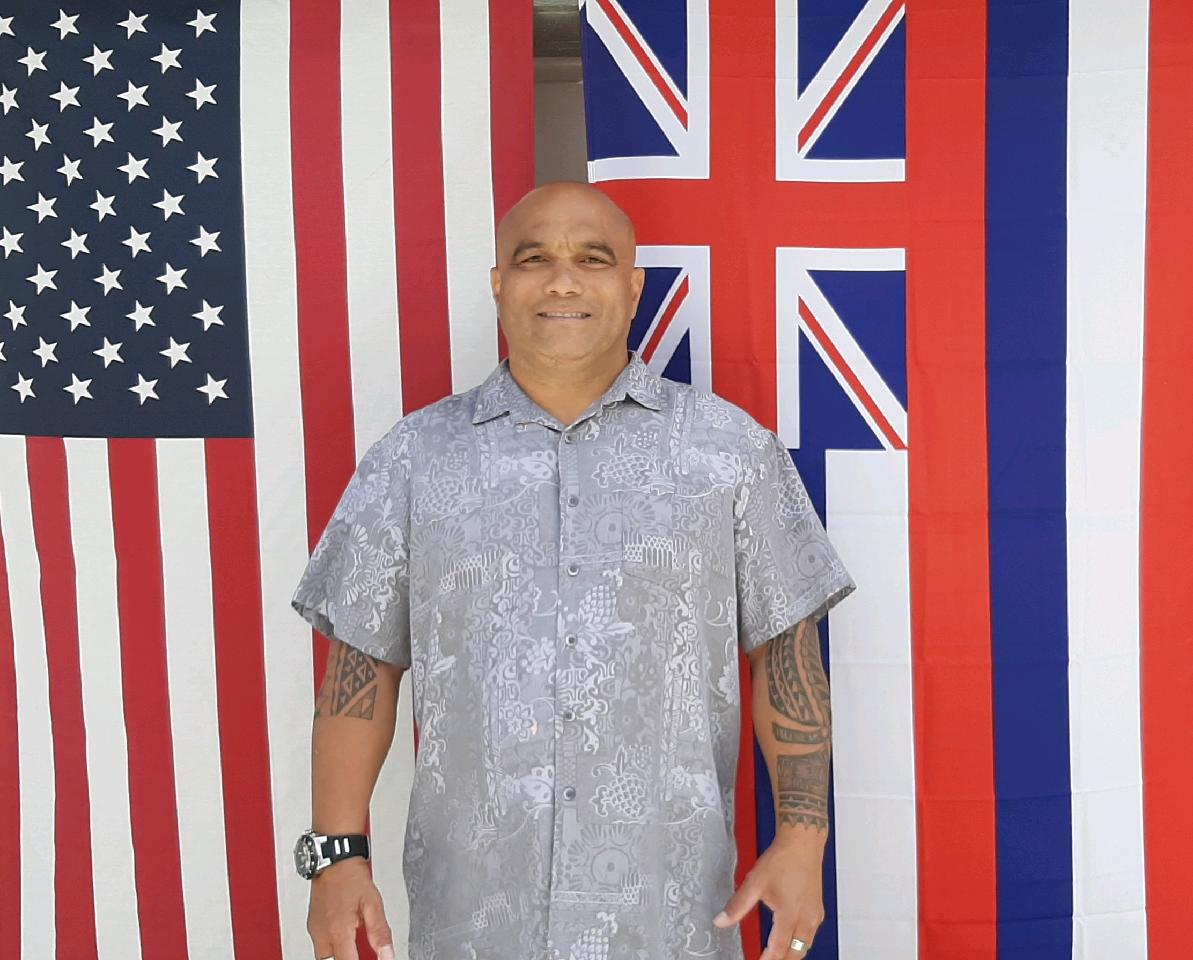In 2018, Navy Veteran and Hawaii native Rodney Navarro received an ultimatum: travel to Oregon to enter the White City Veterans Rehabilitation Center for substance abuse and post-traumatic stress disorder, or remain incarcerated at the Maui Community Correctional Center.
Navarro chose to go to Oregon.
Nine months later, Navarro was excelling in the program and meeting all his personal goals while remaining sober. His counselors encouraged him to apply for housing assistance from the nonprofit organization Access. Based in Medford, Oregon, the nonprofit provides supportive services to low-income Veterans living in or transitioning to permanent housing thanks to grants from VA’s Supportive Services for Veteran Families (SSVF) program.
“I took my counselors’ advice and applied to Access,” Navarro said. “I was granted a housing allowance for six months and was connected with Kayla [Ratty] shortly after.”
Ratty, Navarro’s case manager, provided counsel and support as he transitioned back into the community.
“Rodney [Navarro] was very determined. I went to VA to complete his intake forms. Once everything was processed, he called me and said he found a room for rent,” said Ratty. “We looked at the room, spoke to the landlord, and discussed how the SSVF and Access programs worked. He moved in within a week.”
Navarro settled into his new home quickly and found that he didn’t feel disengaged from the community like he once did. With ongoing support from Ratty through weekly phone calls and monthly home visits, he started noticing improvements in his mental and physical health.
“I’ve started feeling comfortable going to the gym and working out,” said Navarro. “Through the program, I’m learning more about myself and remaining sober. I’m really liking the person I’m becoming.”
Life After the Program
In early 2020, Navarro exited the program and enrolled in school. He earned all A’s and B’s, while also obtaining a peer support certification. He plans to work in social services and share the valuable tips he’s learned.
“Since moving, I’ve found more aloha here in Oregon than I did at home,” Navarro said. “If we can simply drop our pride and ask for help, there are people out there willing to assist.”
This year, VA is awarding nearly $400 million in grants under SSVF to help thousands of Veteran families across the nation. These grants help people – like Navarro – access crucial services and resources that lead to secure permanent housing.
More Information
- Veterans can contact SSVF grantees directly to inquire about enrollment, or they can get a referral from a VA case manager or homeless coordinator. Go to www.va.gov/homeless/ssvf/ for a list of current grantees.
- Veterans who are homeless or at risk of homelessness should contact the National Call Center for Homeless Veterans at 877-4AID-VET (877-424-3838).
- To find up-to-date information and resources on COVID-19, check out VA’s new resource page.
VA’s Homeless Programs Office assists Veterans in obtaining permanent and sustainable housing with access to high-quality health care and supportive services.
Topics in this story
More Stories
Summer Sports Clinic is a rehabilitative and educational sporting event for eligible Veterans with a range of disabilities.
Report examines the input of over 7,000 women Veterans: They are happier with VA health care than ever before.
Veterans and caregivers, you can help shape the future eligibility requirements for the VA Caregiver Support program.







Rodney. Way to go and keep up the good work.
Lt. Russ